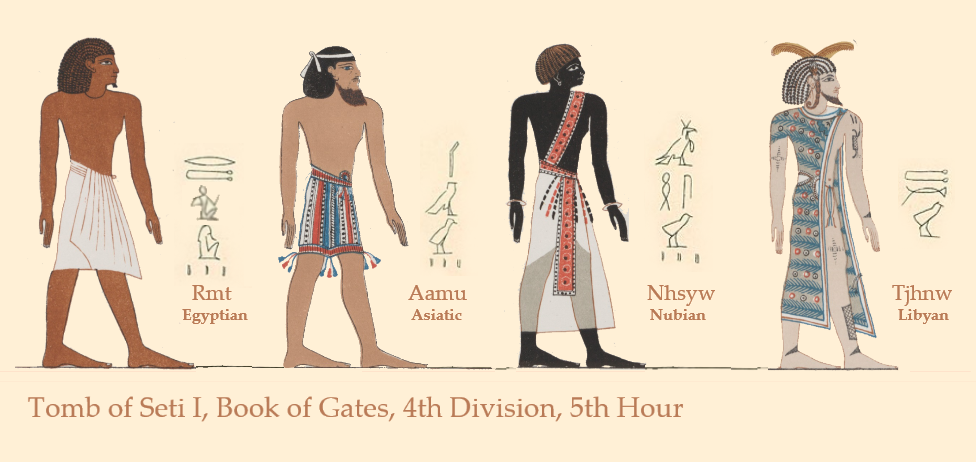Are Egyptians Arabs?
A common question arises when exploring Egypt’s identity: Are Egyptians Arabs? While many Egyptians today speak Arabic and share cultural traits with the Arab world, the answer is nuanced. Egypt’s history, genetics, and culture reveal a complex identity that goes beyond simple classification.
Language and Cultural Identity
Egyptians primarily speak Arabic, the official language introduced after the 7th-century Islamic conquest. Culturally, many Egyptians share traditions, customs, and social norms with other Arab countries, forming a strong connection to the Arab world.
The Egyptian Arabic dialect is the most widely understood across the Middle East and North Africa.
Egypt is a member of the Arab League, reinforcing its ties to Arab nations.
However, cultural identity is multifaceted, and many Egyptians emphasize their distinct heritage that dates back thousands of years to Ancient Egypt.
Genetic Makeup and Ancestry
Scientific research, including the National Geographic Genographic Project, provides insights into the genetic ancestry of Egyptians:
Approximately 68% of Egyptians have North African genetic markers.
Only about 17% show genetic markers common to populations from the Arabian Peninsula.
The remaining genetic makeup reflects influences from the Levant, sub-Saharan Africa, and other regions.
This diversity highlights Egypt’s position as a crossroads of civilizations, with a rich genetic mosaic rather than a predominantly Arab lineage.
Historical Influences on Egyptian Identity
Egypt’s long history includes influences from various civilizations:
Ancient Egyptian civilization, one of the world’s earliest and most influential.
Conquests and cultural exchanges with Persians, Greeks, Romans, Arabs, and Ottomans.
Migration and trade linking Egypt to Africa, the Middle East, and the Mediterranean.
These historical layers contribute to the modern Egyptian identity, which encompasses both Arab cultural elements and a unique Egyptian heritage.
Self-Identification Among Egyptians
The question of identity varies among Egyptians:
Some self-identify as Arabs, especially in the context of language, religion (Islam), and pan-Arab politics.
Others stress their ancient Egyptian roots and distinct national identity.
Egyptian nationalism often highlights Egypt’s unique civilization that predates the Arab arrival.
Conclusion
In summary, while Egyptians share language and many cultural aspects with the Arab world, genetically and historically, they are a diverse people with deep roots in North Africa and the ancient Nile Valley civilization. The identity of Egyptians is complex and cannot be reduced solely to an Arab classification.

